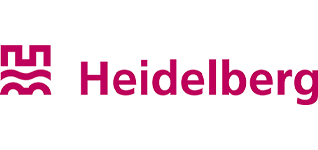City of Heidelberg

Environmental and climate concerns have a long tradition in Heidelberg. In 1992, Heidelberg was the first city in Germany to introduce a municipal climate protection concept. Over the decades, together with its numerous network partners, the city has gained a European and international reputation as an advocate for the environment and sustainability. Since April 2022, the city is one of the”100 EU climate-neutral and smart cities”selected by the European Commission to achieve their climate strategy by 2030.
Heidelberg working towards a collective energy transition
The city provides its citizens with a relatively affordable cleaning and waste disposal service. It processes organic waste into high-quality compost and also funds measures to insulate houses and use rainwater.
The citizens of Heidelberg cooperate and participate in the dynamics by implementing community initiatives, such as spring cleaning. They are also taking part in separating their garbage and promoting sustainable recycling at their level.
In order to empower each resident to get involved at their own level, a hotline for questions related to cleanliness or waste management is available. Families are sensitized through the school sustainability education programme and the “Natürlich Heidelberg” series of events.
An award-winning commitment
Heidelberg is one of the model municipalities involved in the “Master Plan for 100% Climate Protection” of the German Ministry for the Environment. At the moment, the world’s largest passive house project is being built in the city’s new district, “Bahnstadt”. This area already received the international Passive House Award as Passive House Region of the year in 2014.
Heidelberg has received the European Sustainable City Award twice for its contribution to sustainable development. In 2015 it was honoured with the Global Green City Award at the headquarters of the United Nations. In 2019 the City hosted the ICCA2019 International Climate Conference .
Source : the city’s official website and official YouTube channel ; Article from C40 Knowledge Hub website about the case study of Bahnstadt (January 2021);
 Germany
Germany